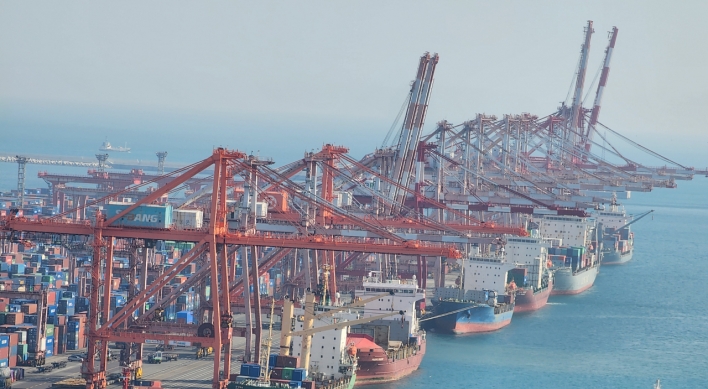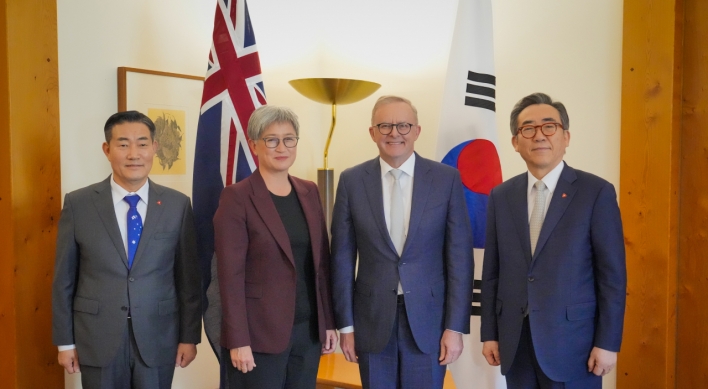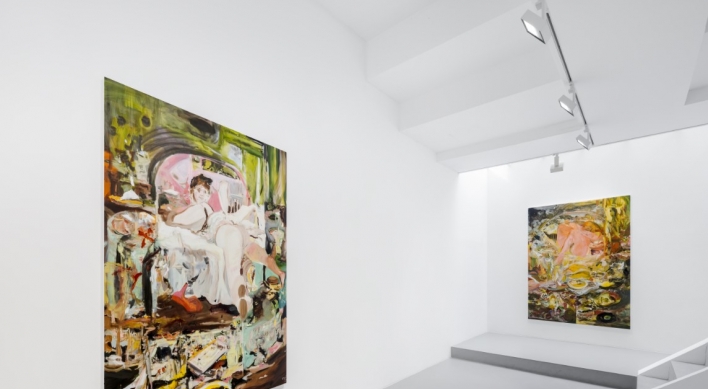Heading into the final days of the contest to host the 2020 Olympics, Tokyo is hoping concern over leaks of highly radioactive water at the crippled Fukushima nuclear power plant won't damage its image as the safest choice among the bids.
With anti-government demonstrations plaguing Istanbul's bid and a recession and high unemployment hanging over Madrid's candidacy, Tokyo is pushing its bid as the safe choice in uncertain times.
The IOC will select the 2020 host on Sept. 7 in Buenos Aires, Argentina.
A 300-ton leak of radioactive water was discovered at the Fukushima plant on Aug. 19, the fifth and worst leak since the plant had triple meltdowns after the massive earthquake and tsunami in 2011.
Fukushima is 250 kilometers (155 miles) north of Tokyo and bid officials say the leak won't affect the city's plans to host the Olympics, but the incident is an untimely reminder of Tokyo's vulnerability to natural disasters.
Despite the unwelcome headlines, Tokyo organizers will head to Buenos Aires emphasizing the city's financial security and superior existing infrastructure.
``Tokyo 2020 is the safe pair of hands that can be trusted to deliver superb games in these uncertain times,'' Tokyo bid leader Tsunekazu Takeda said.
Tokyo has an existing $4.5 billion fund for Olympic construction and enjoys the support of the national government.
Much of Tokyo's infrastructure is already in place. By contrast, Istanbul would require the most spending and infrastructure work of the three cities, with a capital budget estimated at $16.8 billion. The IOC has cited potential challenges for Istanbul with construction, traffic and other issues.
Tokyo, which hosted the 1964 Olympics, received the highest praise from the IOC's technical assessment of the three cities in June. The evaluation report described the Japanese capital as ``a modern, dynamic city that sets global trends'' and praised its compact venue plans and ``one of the most modern and efficient public transport systems in the world.''
For a city of 13 million, Tokyo is a model of urban efficiency: trains run on time, traffic jams are rare and it is widely renowned as being clean and safe.
With 27 of the proposed 36 venues within an eight-kilometer (five-mile) radius of the Olympic Village, Tokyo organizers say its plan will make it easy for athletes and spectators to get around during the games. Athletes would enjoy short travel times as the majority of venues would be within 20 minutes of the Olympic Village.
A new, futuristic 80,000-seat national stadium in the center of the city would host the opening and closing ceremonies and the track and field competition if Tokyo wins the bid. A total of 15 venues already exist while 21 will be built under the proposal.
Tokyo's bid to host the 2016 Games was hampered by lukewarm public support but organizers this time have worked hard to raise the profile and have benefited from Japan's strong showing at the London Olympics.
Recent figures show Tokyo's approval rating at 70 percent _ below its two rivals but much higher than support rates for the previous bid.
``Our bid has strong and passionate public support and is united across all levels of government, sport and business,'' Takeda said. (AP)






![[Herald Interview] Mom’s Touch seeks to replicate success in Japan](http://res.heraldm.com/phpwas/restmb_idxmake.php?idx=644&simg=/content/image/2024/04/29/20240429050568_0.jpg&u=)



![[News Focus] Lee tells Yoon that he has governed without political dialogue](http://res.heraldm.com/phpwas/restmb_idxmake.php?idx=644&simg=/content/image/2024/04/29/20240429050696_0.jpg&u=20240429210658)







![[Today’s K-pop] Seventeen sets sales record with best-of album](http://res.heraldm.com/phpwas/restmb_idxmake.php?idx=642&simg=/content/image/2024/04/30/20240430050818_0.jpg&u=)